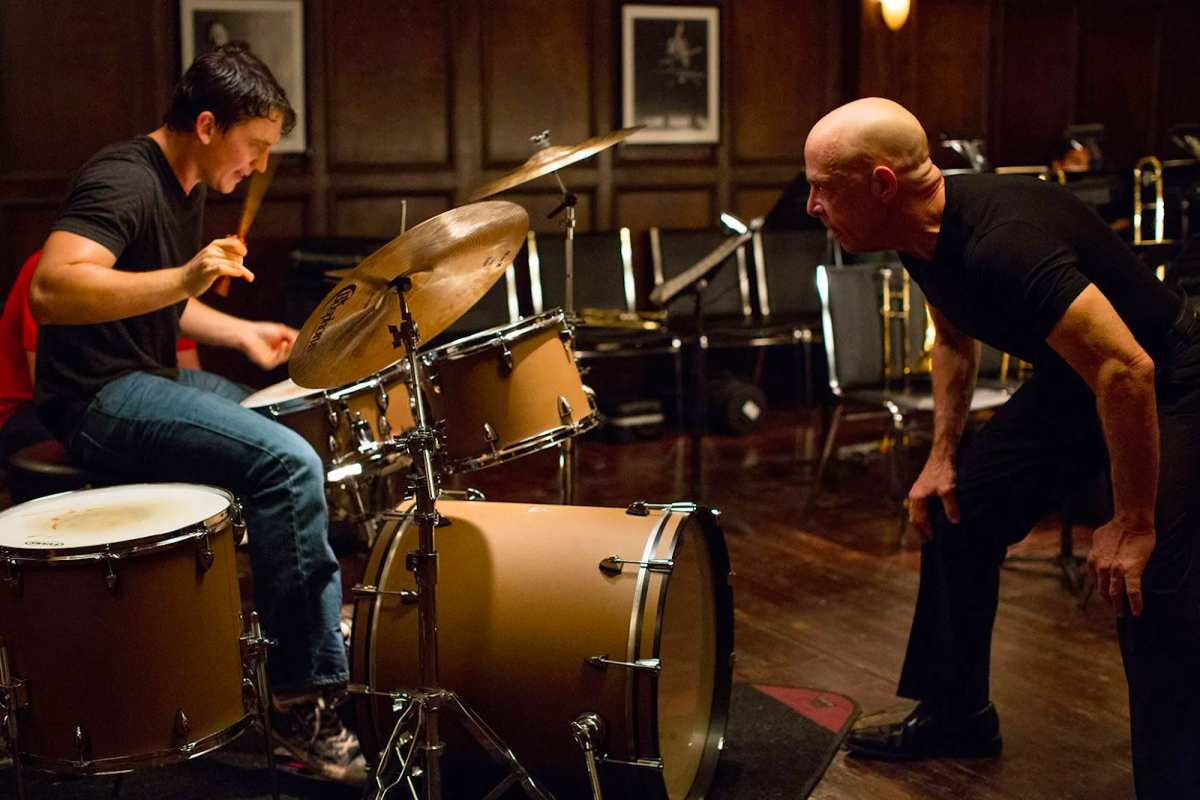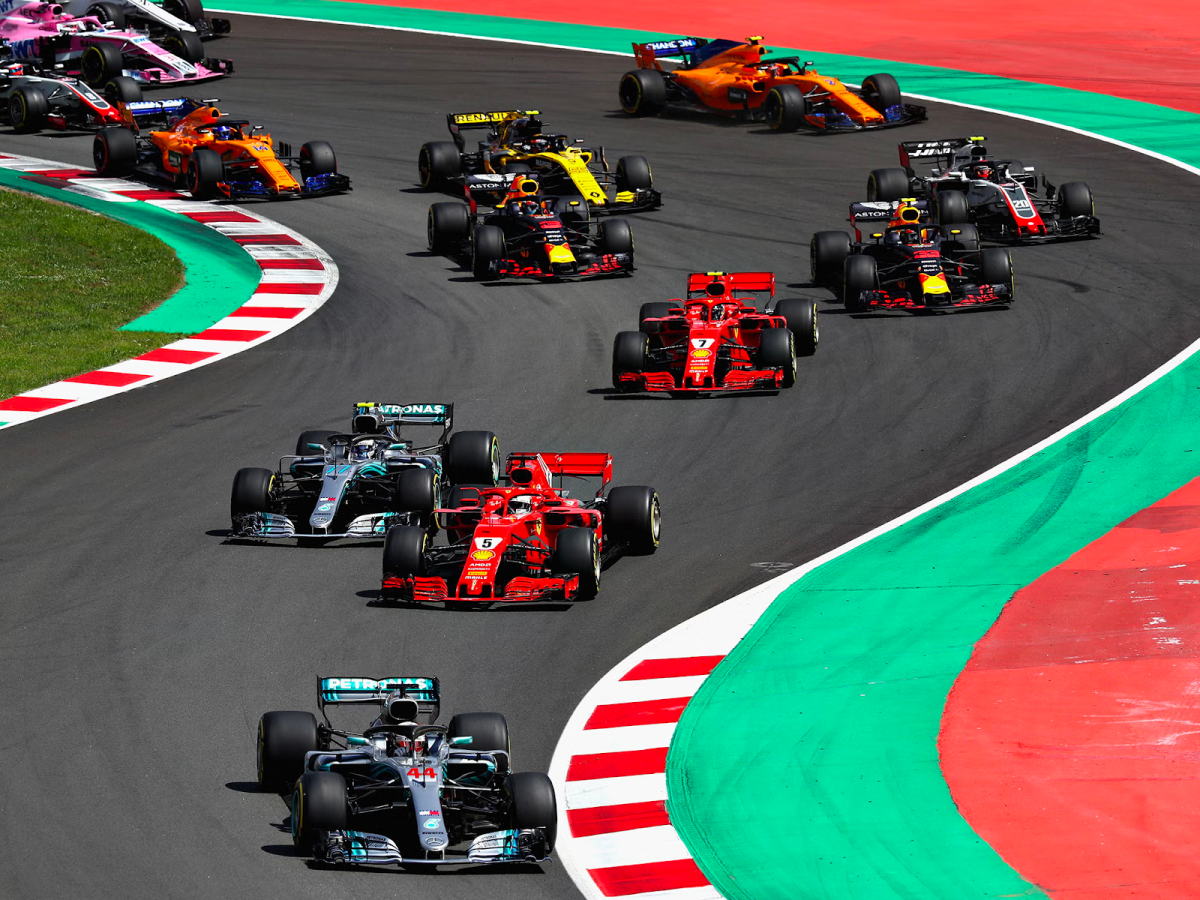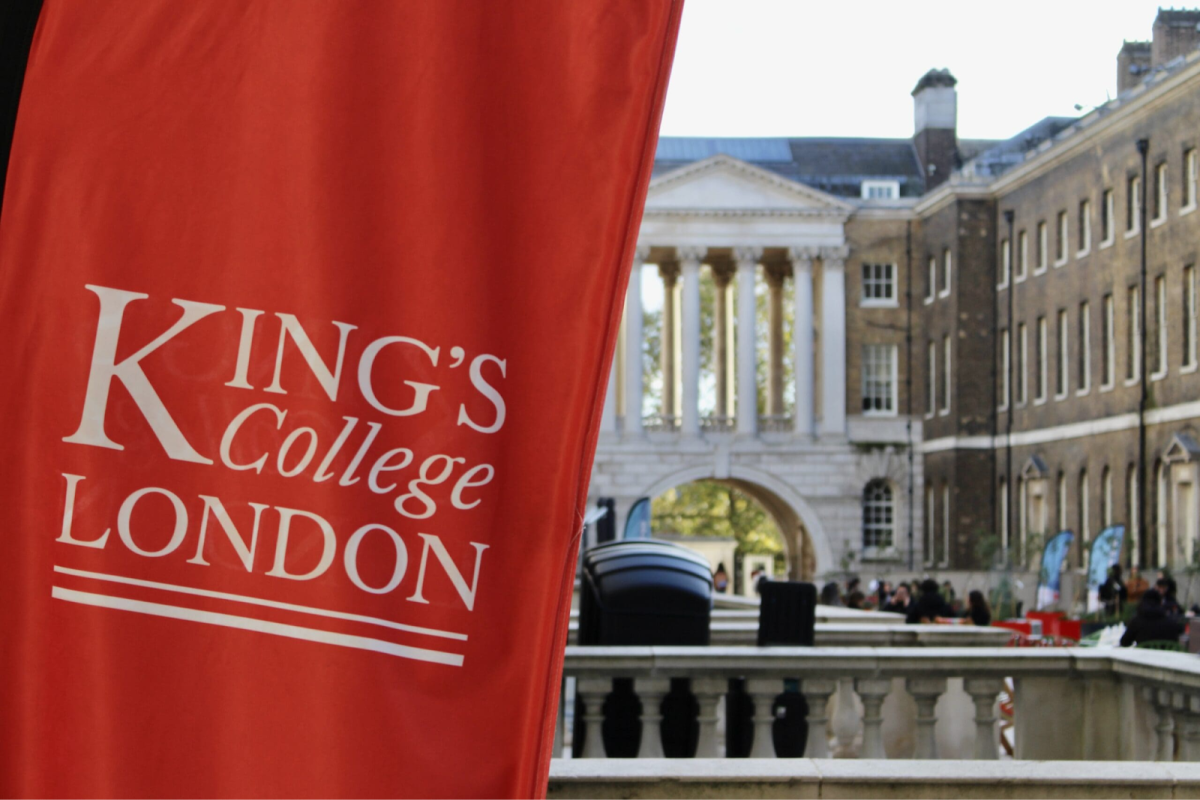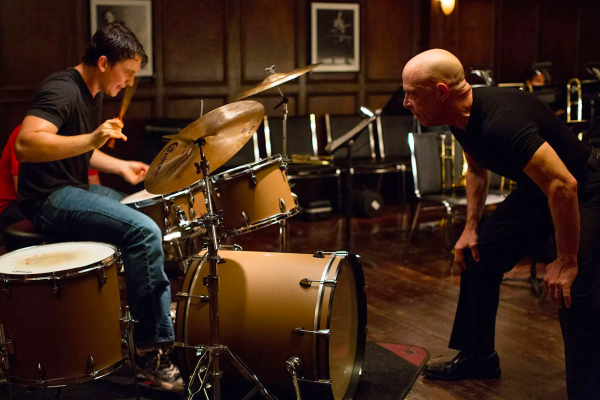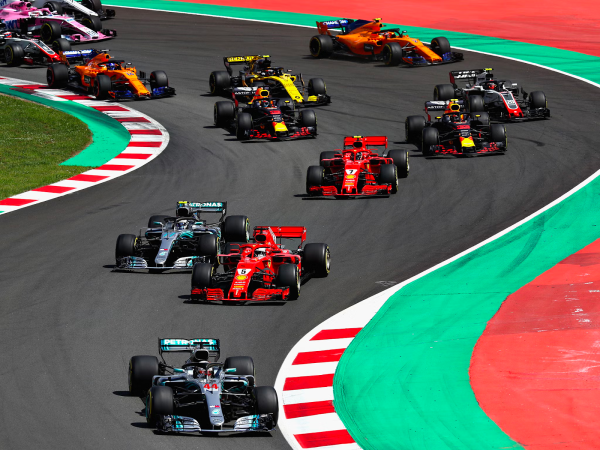Rio 2016 – Good or Bad Idea?
Time is passing really quickly. We are almost half way through 2014, the school year is approaching its final chapters. Next year, there will be the EXPO exposition in Milan. In two years time the Olympic Games will be taking place in Brazil.
A debate has been sparked up about whether the Olympic games should be held in Brazil, a country with such a high poverty and crime rate, where the the rich-poor gap is massive. Some, actually argue whether the Olympic Games should be held at all.
The project for the total regeneration of the city of Rio de Janeiro has already started. The positive aspect of the project is that by the end of it, the city of Rio will have a new metro line. Transport will see a revolution and Rio will become, as it appears through advertisements, a much more welcoming and livable city.
The hidden situation, on the other hand, is not noticeable because the Olympic Games advertisements present just how Rio will get better. In fact we have to consider that Brazil is spending great amounts of money for the games whilst its security systems are still low, the law-breaking rate is still high and there is still a lack of money being spent on other sectors.
There are people on one side who argue for the general abolition of the Olympic Games believing they are just the product of Eurocentrism as they were created in Europe and they reflect particularly the Greek culture and society.
Some also claim that the Olympic Games promote racism. At the same time however, they encourage a tradition of sport as well as fair play and lots of other important messages and morals communicated through sport such as caring, sharing, pride, winning, losing and team-work.
To conclude, the Olympic Games are an ancient Greek tradition created to amuse people and they will continue to be held despite protests. I do not see much of a problem in holding the Olympic Games apart from the enormous costs. Those however, are problems faced by the hosting government. This is why Brazil’s decision to hold the Games is up to the Brazilian government and not up to me.
If it had been up to me I would have refused because I would have given the priority to the total development of the country and to the elimination of the many existing problems. I also believe that the Games could be profit-making if managed in the right way.





